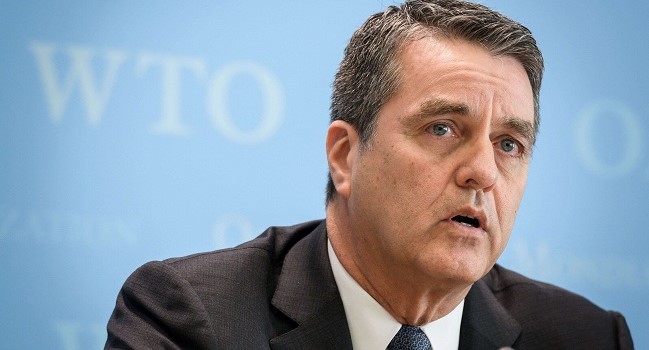Joining forces, the Food and Agriculture Organisation (FAO) and the World Health Organisation (WHO) have said that “food safety is a shared responsibility” with a role for everyone to play, from governments, industry and producers to business operators and consumers.

According to the UN bodies, the COVID-19 pandemic has shined a spotlight on the importance of monitoring and addressing food safety; adapting food safety systems to respond to supply chain disruptions; and ensuring the continued access to safe food.
The Head of FAO’s Food Safety and Quality Unit attested that, in these challenging times, this year’s motto – food safety is everybody’s business – is “more pertinent than ever”.
“No matter what else is going on, every single person still needs safe food every day”, said Markus Lipp. “We cannot let up in our vigilance to ensure that our food is safe”.
An investment in health
Safe food is not only critical to better health and food security, but also for livelihoods, economic development, trade and the international reputation of every country.
“Millions of people around the world depend on international trade for their food security and livelihoods,” the heads of FAO, QU Dongyu; WHO, Tedros Adhanom Ghebreyesus; and Roberto Azevedo, the World Trade Organisation (WTO), said in a joint statement on Sunday, June 7, 2020.
“As countries move to enact measures aiming to halt the accelerating COVID-19 pandemic, care must be taken to minimise potential impacts on the food supply or unintended consequences on global trade and food security.”
The agencies maintained that, each year, an estimated 700,000 people die around the globe because of antimicrobial-resistant infections.
“Improving hygiene practices in the food and agricultural sectors helps to reduce the emergence and spread of antimicrobial resistance along the food chain and in the environment,” they explained.
Emphasising the need for better data to understand the far-reaching impacts of unsafe food, WHO and FAO upheld that an investment in consumer food safety education has the potential to reduce foodborne disease and return savings of up to ten-fold for each dollar provided.
“We must ensure that our response to COVID-19 does not unintentionally create unwarranted shortages of essential items and exacerbate hunger and malnutrition,” the FAO, WHO, WTO chiefs stated. “Now is the time to show solidarity, act responsibly and adhere to our common goal of enhancing food security, food safety and nutrition and improving the general welfare of people around the world”.
